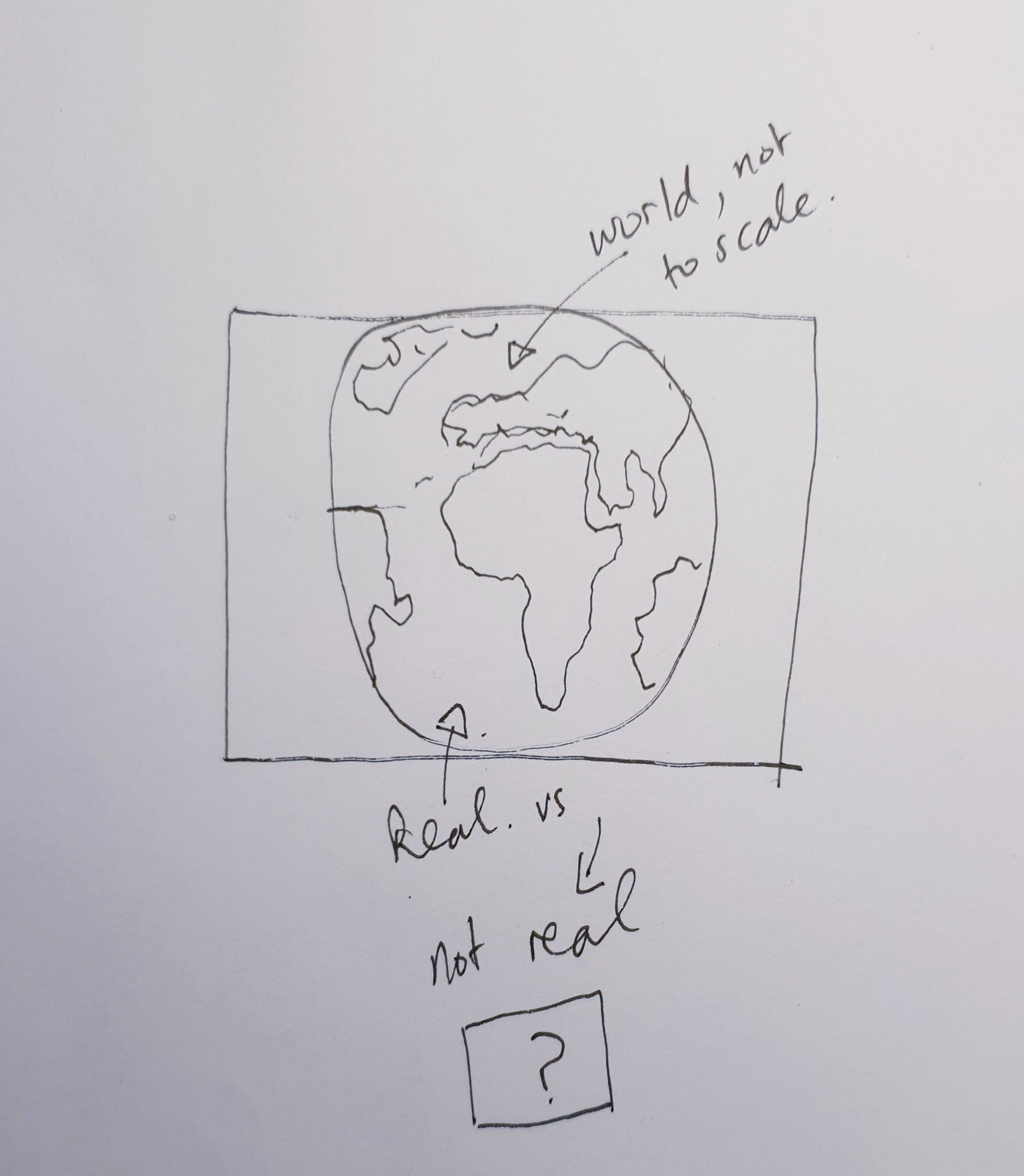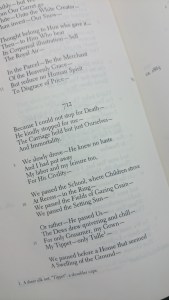Image: The Burghers of Calais, August Rodin
It’s the last lesson of the day. My students file slowly in, like Rodin’s Burghers. I decide to shelve the lesson I’d planned (a Southern Gothic sojourn through To kill a Mocking Bird via Childish Gambino’s brilliant This is America and Rammstein’s Amerika. I was going to start with a question. Where is America outside of text? It’s not happening today. I was really looking forward to it. But, this could be more important. Something tells me things are about to get real!
They’re unusually quiet, too quiet. They’re not even trying to look interested. I don’t blame them. They’ve just written a test, the third in as many days. They write another one tomorrow and exams begin next week. Days like this I feel more like a production line manager than a teacher. It’s a lesson in time management, at least that’s what I try to tell myself. But, I can’t say that to them and that makes me wonder whether it’s the truth. What exactly are we doing here? Them, me, all of us? My career as a teacher has brought me to this class on this day and it doesn’t feel right. ‘Something is rotten in the state of Denmark’.
I know the standard response to this scenario. I’ve heard it all my life: “They’ll survive, they’ll have to in the real world. We’re preparing them for the real world.”
The “real world.” I’ve always wondered where that is exactly? I know what is implied by the term. It’s a reference to the working life, you know the one. The five day week of 7–12 hour workdays to pay off the mortgage that has us strapped to banks until we retire, or die, or retire to die. The world of interminable responsibility, diminishing energy, flagging passion and expensive annual holidays where we travel far to bicker and fight with the people we bicker and fight with at home, that world.

Why do we lie to our kids? Why do we tell them we’re educating them to think for themselves, and when they do we punish them. We tell them to follow their dreams but by the time they reach their final school year they’ve forgotten what that was because we’ve only taught them how to write examinations, not how to turn their passions into a livelihood. We tell them they can be whoever they want to be but at school we train them to be just like us, focused on what needs to be done to get the money to get through the next week, month, year. We’ve trained them to chase the carrot. First it’s year 6, then it’s year 12 and the school leaving certificate after which it’s either University or an apprenticeship of some kind to get the car, then the house, then, … then it’s holding on for dear life until they have kids, while holding on tighter, getting them educated while dealing with career crises, mid-life crises, deaths, relationship collapses and while we’re losing grip they’re bursting into full bloom and they’re wide eyed and eager to live and you, after just barely getting through the same bad day you’ve been having everyday for the last 10 years, you catch them by the scruff and say “wait until you get into the real world!”
You don’t see the light fade from their eyes straight away, that takes time. But, if you’re lucky, and you’re a teacher, one day you look at them, and you see the light flickering in their eyes and you put aside the curriculum and tell them you’re taking them outside to sit or lie in the sun while you read Walt Whitman or Shakespeare sonnets to them. If you’re lucky enough to do that you grab the chance because you can feel the light flicker inside yourself too, and, sometimes you just have to sit in the sun and read poetry to get it back. At least for a while longer. It’ll fade in time. After all, the world out there is real, it sucks up light like a black hole. I guess that’s how Shakespeare imagined Denmark was for Hamlet.
*One of my favourite authors on the subject is Sir Ken Robinson. Check out his TED talk here . His book Creative Schools is a must read for anyone who cares about learning and education.


















